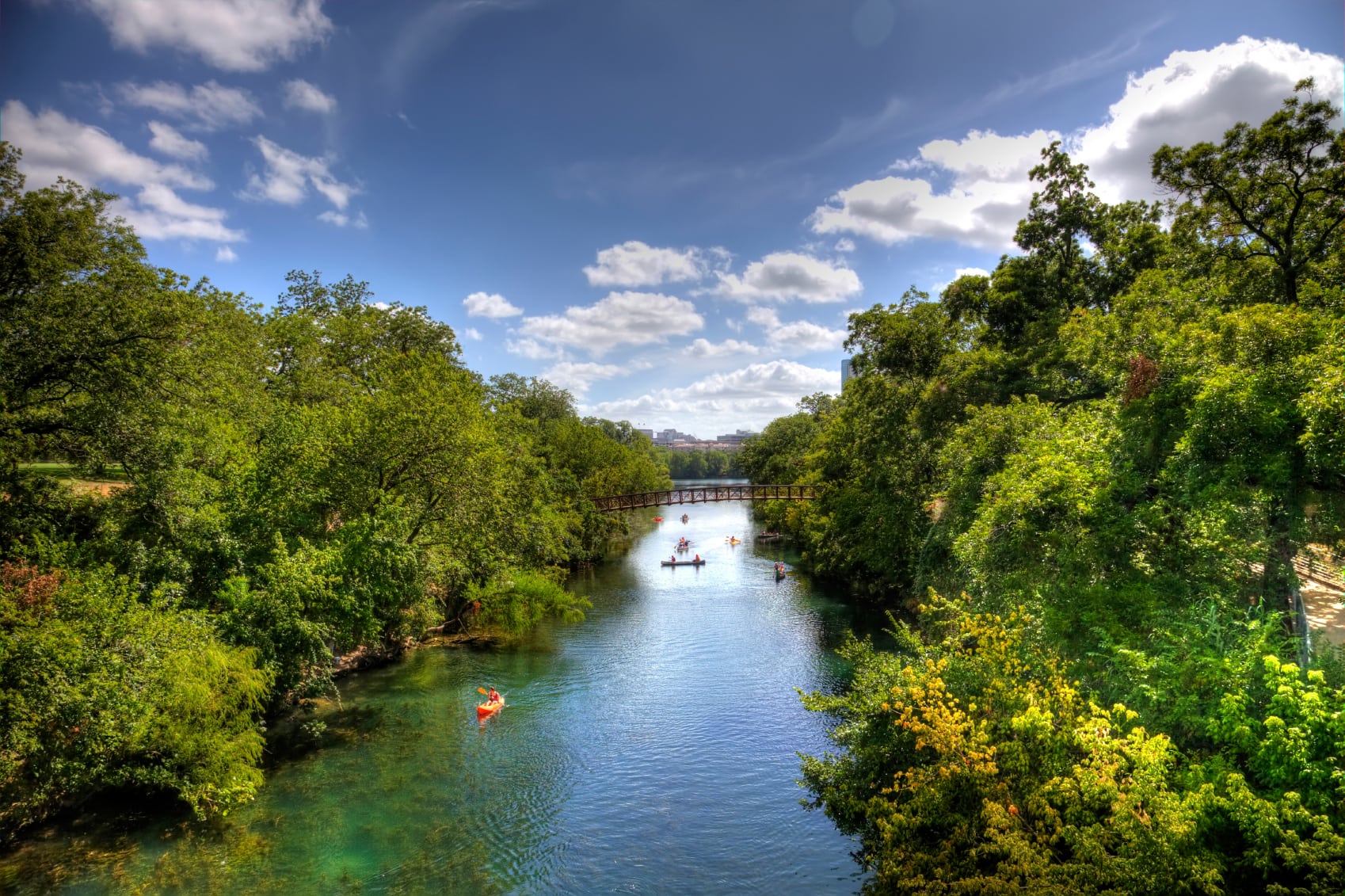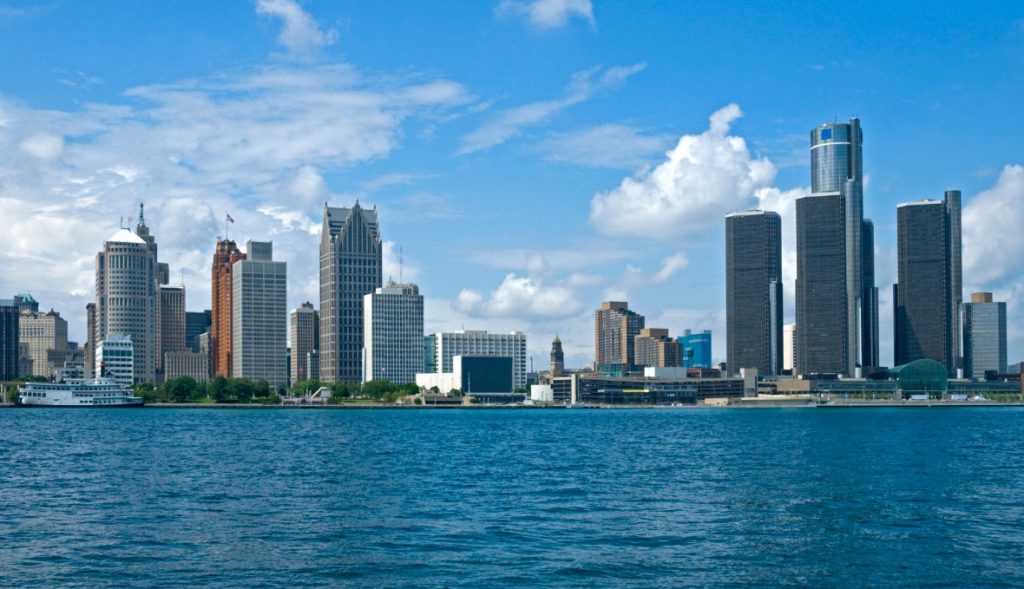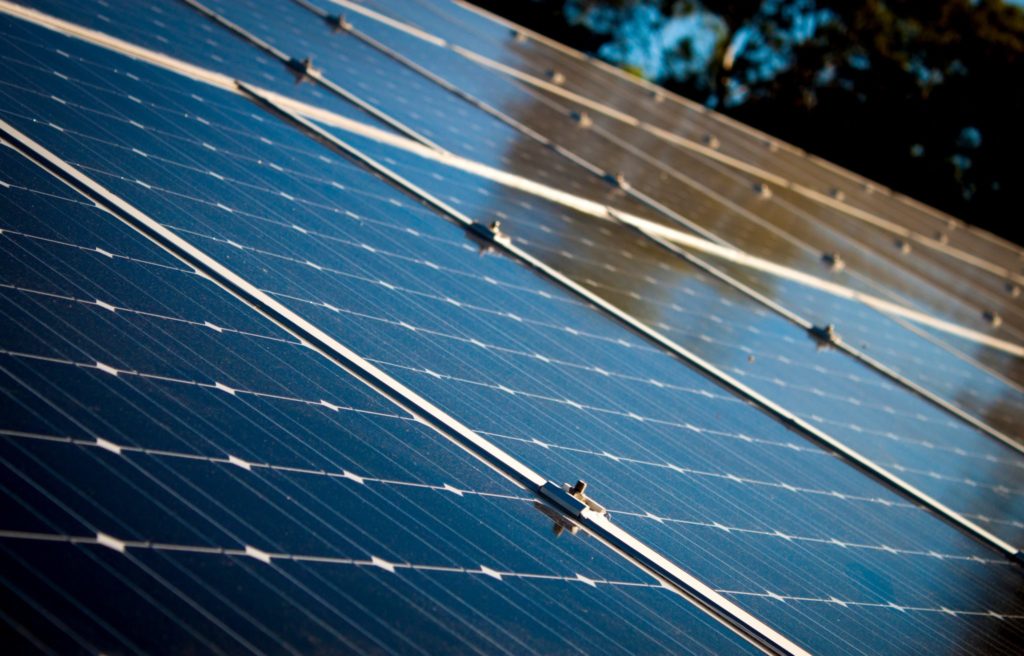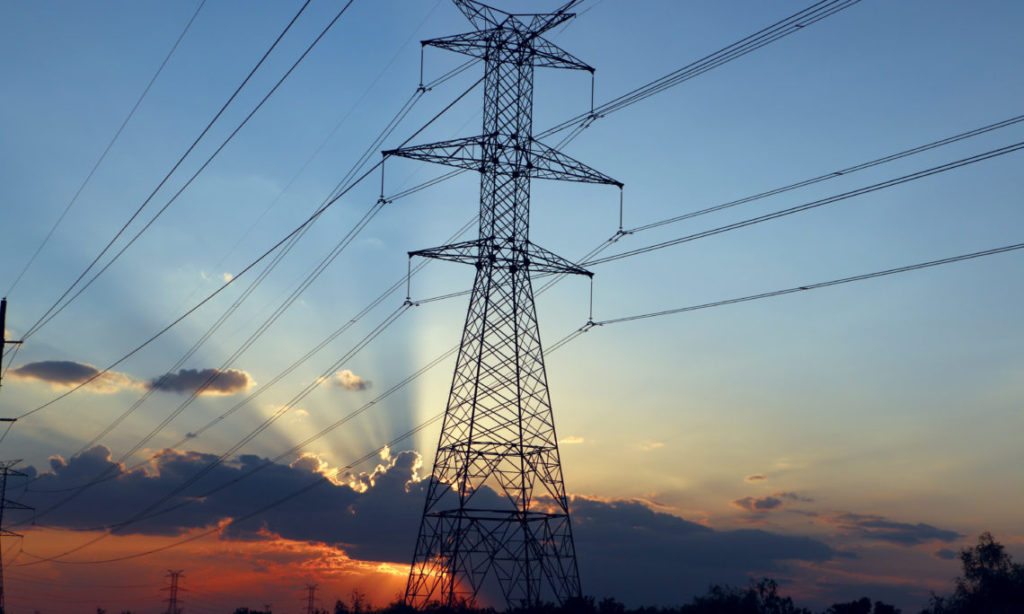
Race, Energy & Climate Justice

Puerto Rico Voluntary Participation Agreement
Following is a participant agreement for Pecan Street’s current volunteer recruitment in Puerto Rico. By completing and submitting this form, you are agreeing to the terms outlined below. Please read this agreement carefully. It explains all of the roles and responsibilities for Pecan Street Inc. and the research participants. After reading the agreement, you will […]

Pecan Street is Expanding its Residential Energy Research Network to Puerto Rico
The Alfred P. Sloan Foundation awarded Pecan Street a $100,000 grant to investigate how high-resolution residential energy data can inform the design and management of microgrids in Puerto Rico and enable the development of policies and economic structures for grid services from Behind-the-Meter (BTM) assets. This research will contribute to efforts to increase the resilience of Puerto Rico’s infrastructure in the face of increasing threat from natural disasters caused by climate change.

Utility Dive: Energy equity depends on data, and experts say there isn’t enough of it
Utility Dive's Robert Walton recently spoke to Pecan Street Communications Director Colin Rowan about our effort to expand our volunteer research network in Detroit, MI.

Pecan Street to Develop Toolkit for Distributed Energy Resources Adoption at Historically Black Colleges and Universities
(AUSTIN, TX — June 22, 2021) The Cynthia & George Mitchell Foundation awarded Pecan Street Inc. a $40,000 grant to bring its unique data and research capabilities to developing a Distributed Energy Resources (DERs) Toolkit for Historically Black Colleges and Universities (HBCUs). Pecan Street will partner with Huston-Tillotson University in Austin to develop resources that support DER deployment on HBCU campuses to provide new revenue opportunities and support community resilience centers. The effort will produce an online DER planning and implementation toolkit geared towards the unique aspects of Texas HBCUs and technical support resources.

Tackling ‘Energy Justice’ Requires Better Data. These Researchers Are On It
We're pleased to see other researchers working to address equity and energy justice issues through better data collection and analysis. Pecan Street has been working to address energy sector issues through improved data availability for over a decade, and we recently launched the Center for Race, Energy & Climate Justice to improve energy outcomes for communities of color by harnessing our unique energy data.

Pecan Street Launches the Center for Race, Energy & Climate Justice
Pecan Street is launching the Center for Race, Energy & Climate Justice to bring its unique data and research capabilities to help create an equitable energy future. The center and its year one agenda are funded by the Cynthia & George Mitchell Foundation, Energy Foundation, and the Alfred P. Sloan Foundation.

Equitable Infrastructure Will Take Time and Commitment
Making President Biden's infrastructure commitments translate to lasting economic and social change for communities of color, however, will require deliberate and long-term strategies.

Earth Day 2021: Is it just us, or does something feel different?
After more than 50 years of celebrating Earth Day, you’d be forgiven for thinking that it’s taken far too long for the simple concept of valuing our planet to go mainstream. It has taken too long. Climate scientists have been telling us for decades the clock is ticking while the world gets its act together.

A Look at Water Equity in Black History Month
Black History Month gives us an opportunity to acknowledge and celebrate the contributions of African Americans to American society. In each facet of American life, it is also a time for assessment and contrast—to measure the lived experiences of African Americans in their communities against our founding promises of opportunity and equality for all

After 38 years in energy, environment, and social justice, John Hall is optimistic, with a catch.
Guest blog by John Hall, Environmental Defense Fund - We spoke with John recently about his career, the intersection of race and energy, and why he’s optimistic about fighting climate change and local air pollution.





